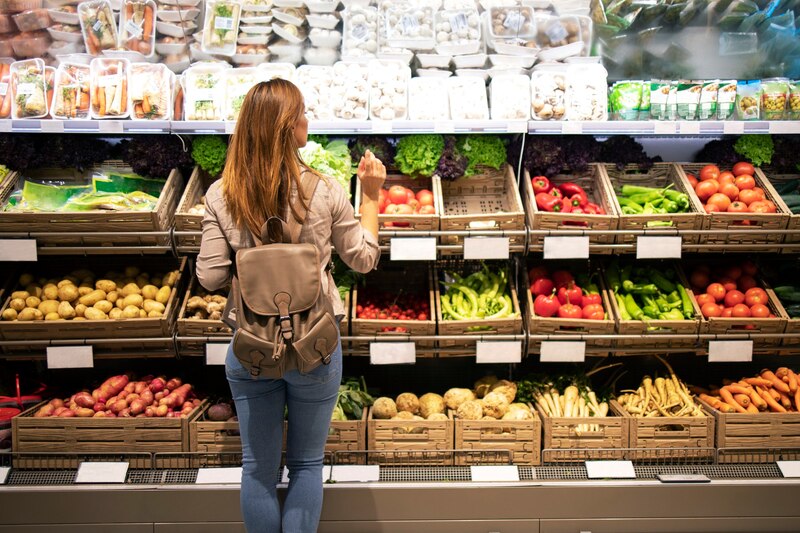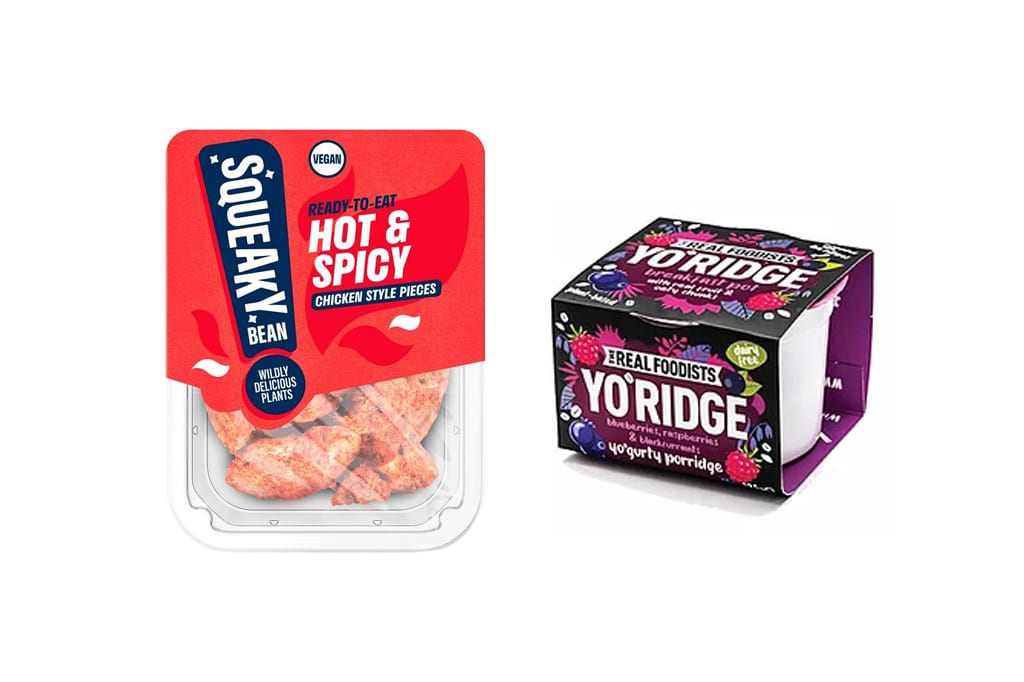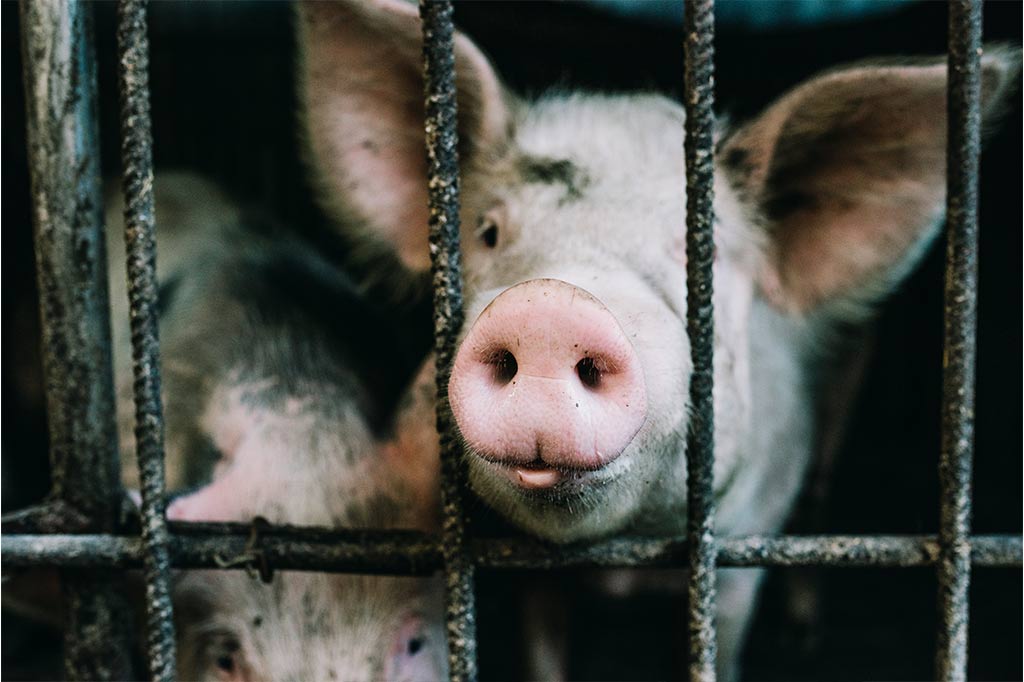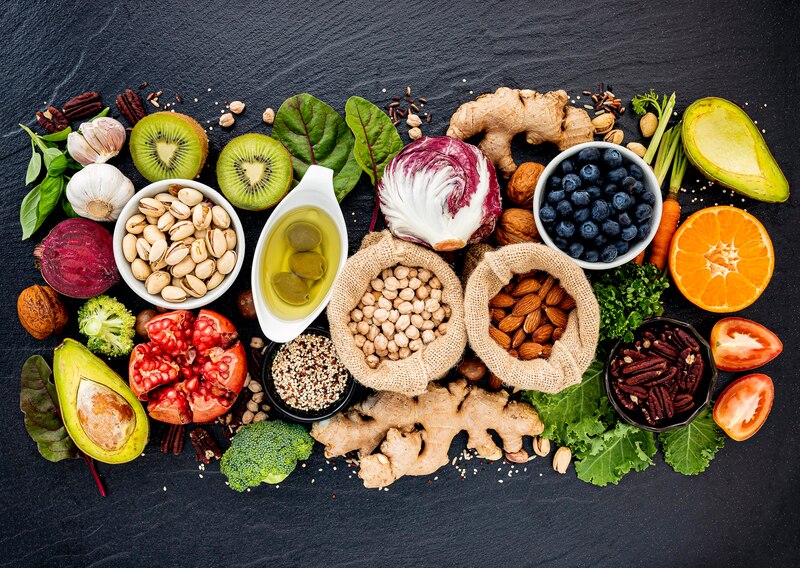Perhaps it is time to let go of the idea that products derived from animals, like meat and dairy, represent the pinnacle of humanity.
There are a few prominent news outlets that are reporting that the market for plant-based products is beginning to level out. The Washington Post, the BBC, and CNN have each issued a warning that the public’s demand for vegan alternatives is dwindling, with pricing, a lack of restaurant participation, and an overcrowded market purportedly being the causes of this decline.
To continue the discussion on whether or not the “plant-based” diet is “dead” or “dying,” then… To begin, we have to get past the tunnel vision that we have regarding market analysis, which only looks at a single instant in time. The course of history is in constant motion and will experience ebbs and flows as it develops. But we can also get knowledge from the things that have worked and the things that haven’t worked.
The increasing availability of vegan alternatives
The rise of vegan alternatives can be attributed to a number of factors, including increased awareness of the environmental impact of animal agriculture, concerns about animal welfare, and the growing popularity of plant-based diets for health reasons. Additionally, advances in food technology have made it possible to create plant-based alternatives that closely mimic the taste and texture of meat and dairy products, making the transition to a vegan diet more appealing to a wider range of consumers. As a result, the market for vegan alternatives has grown significantly in recent years, and is expected to continue to grow in the future.
The one category that has done particularly well is the plant milk sector, which currently holds a market share of 15 percent and has penetrated the households of 50 percent of consumers. By the year 2029, it is anticipated that the market would be valued at $42.86 billion.
So, why are milks made from almonds, oats, and soy completely integrated into the social fabric of our society and readily available everywhere? Is it just due to the fact that they’ve been there for a longer period of time? (Such an argument is fallacious due to the fact that vegetarian burgers have been available for quite some time.)
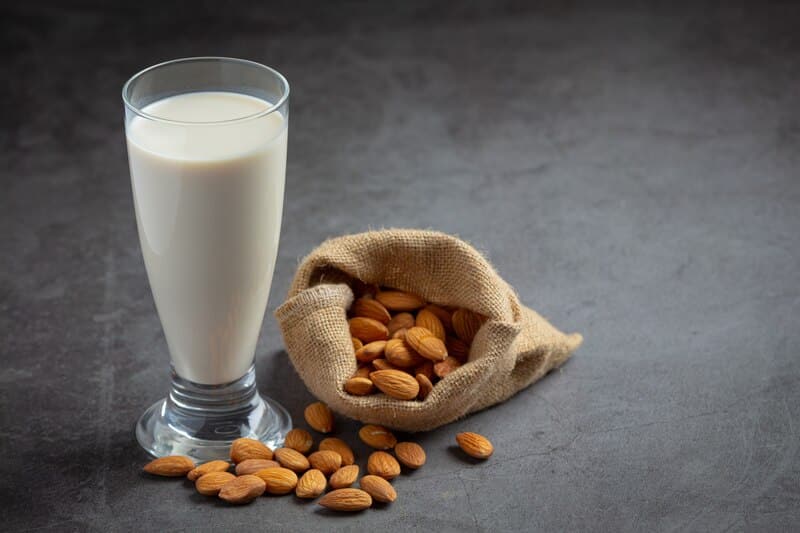
Over the past few years, there has been a meteoric rise in the market for vegan milk around the world.
Is it possible that this is due to the fact that they are not attempting to imitate cow’s milk? Is it possible that the flavor of almond milk, as opposed to cow’s milk, is more appealing to some individuals? It’s possible that people only want products that have a “milky” quality to them, like the sensation of having cookies and milk, but without some of the flavor characteristics of cow’s milk.
After moving to the United States for the first time, I was required to start drinking cow’s milk at school, and I thought it tasted terrible. Tofu and natto were staples in my diet growing up, and I always gravitated toward the flavor that some people refer to as “beany.” In order to make my milk more appetizing, I had to cover it up with Nestle Quick.
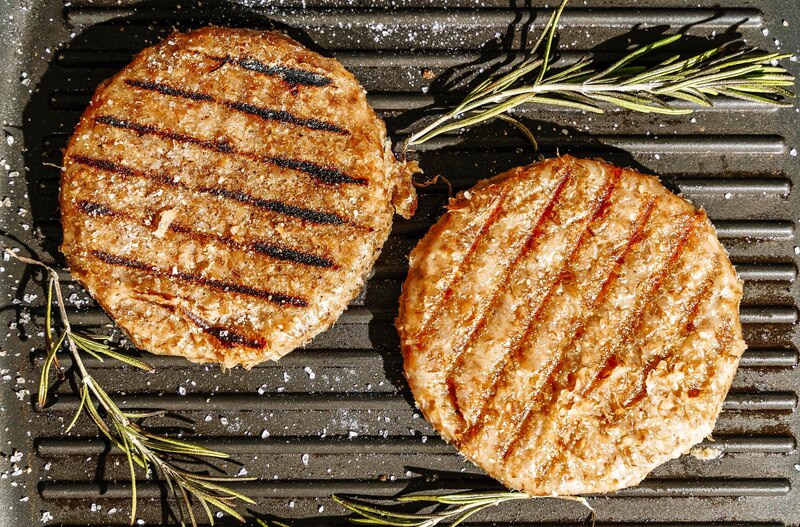
The growing demand for vegan alternatives to meat
The demand for “meaty” vegan food has been on the rise in recent years, as more and more people adopt plant-based diets for a variety of reasons. Many people who are looking to reduce their consumption of animal products are seeking out vegan alternatives that closely mimic the taste and texture of meat. This has led to the development of a wide range of products, such as plant-based burgers, sausages, and even “fake” meats like chicken, fish, and bacon that are made from ingredients such as soy, pea protein, and mushrooms. These products have become increasingly popular in grocery stores and restaurants, and are now widely available in many parts of the world.
Some people may claim that the higher price of plant-based alternatives, rather than their lack of appeal, is what makes them less appealing than animal-based alternatives. Even though they are typically more expensive than the milks that are traditionally available, the production of alternative milks has not slowed down as a result of this fact.
If this is the case, then perhaps our way of thinking about it is flawed.
When I talk to people who aren’t vegan but are interested in the idea of reducing the amount of meat they eat (people who are “plant forward” or flexitarian), I hear the same thing over and over again: they like the idea of a plant-based diet, but they would rather have a cauliflower steak than a dish that is an exact replica of meat.
There are some people who don’t want their vegan “meat” to mimic the flavor of the genuine thing.
It’s possible that we need to get over the idea that animal meat and dairy products are the ultimate paradigms, and that if we can’t mimic them, we won’t be successful. It’s possible that individuals desire something “meaty” or “milky,” but more often, they just want something that has a satisfying flavor. Another possibility is that they are simply looking for something fresh.
In the past, a simple steak and potato dish was regarded as the pinnacle of culinary achievement in the United States. Then came cuisines from China, Thailand, and India, as well as sushi, molecular gastronomy, and a great deal of fresh ideas for food from around the world and in other worlds. Do you remember back 20 years when no one could even pronounce the word “quinoa”? At this point, the United lounges in airports have it all wrapped up.
Instead than striving to recreate the flavor and texture of meat and milk exactly, perhaps we should focus on developing meat and milk substitutes that simply taste better than the real thing. It’s not necessary for us to be a “better alternative;” rather, we might simply be a “new alternative.” It’s possible that “better” is the best option, but “new” might be the best and most capable of establishing a new standard.
To put it another way, why don’t we just stop trying to be other people and focus on being the best versions of ourselves?

